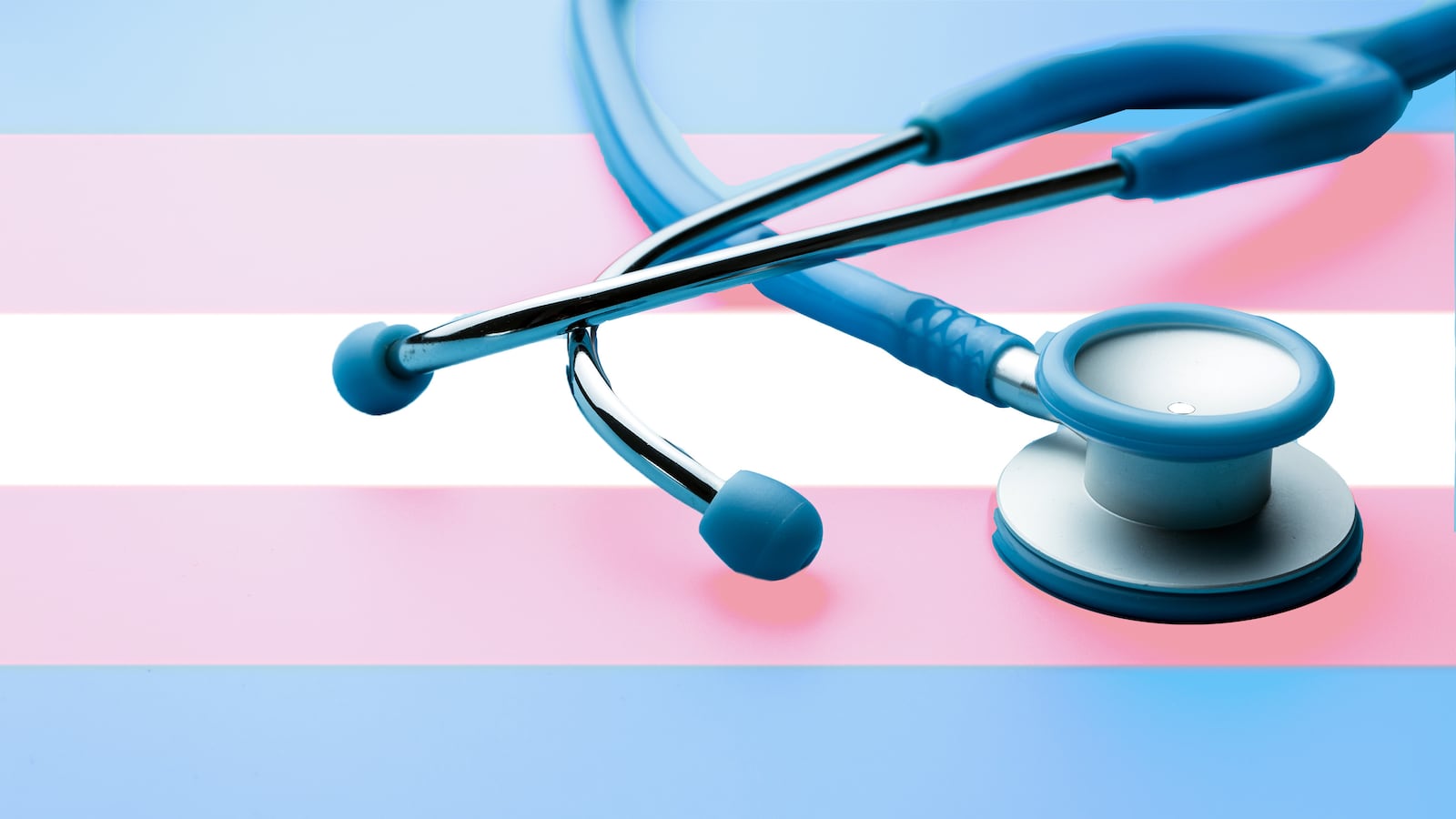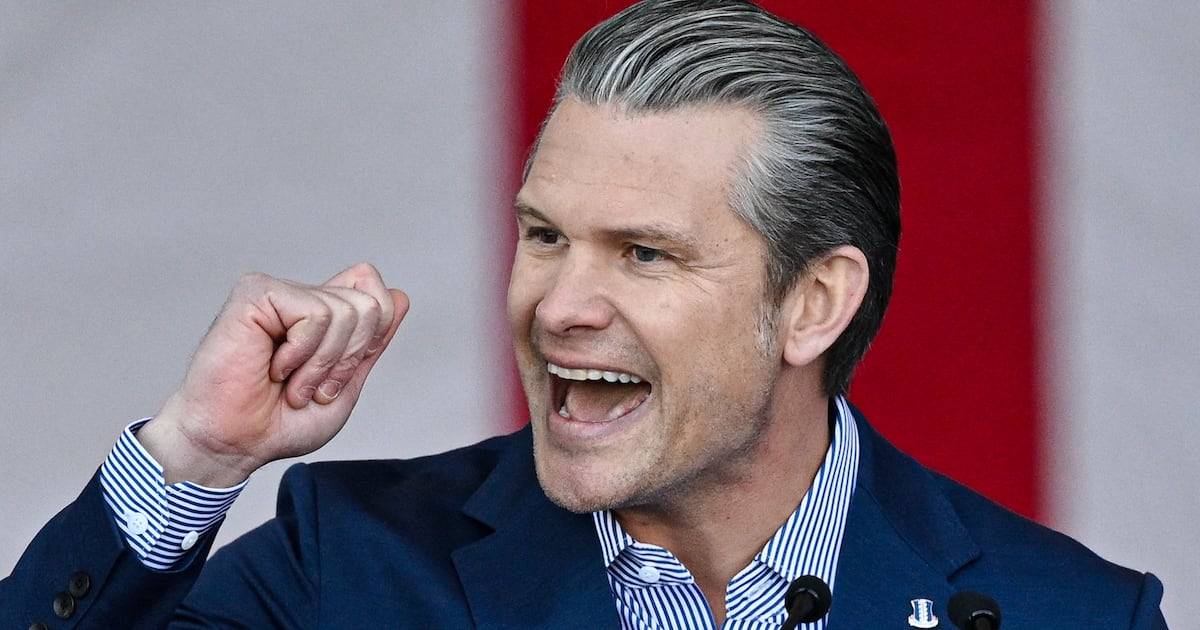The Trump-Pence administration today took another step toward creating two separate and unequal health-care systems in America: one for straight people protected by law, and another in which transgender people, women, and gays can be refused service, discriminated against, and thrown out on the street, even if their lives are in danger.
The proposed new rule undoes an Obama-era policy that protected discrimination against gay and transgender people as part of the Affordable Care Act’s provisions against sex discrimination.
Under the new proposed rule, it would be perfectly legal for a doctor, hospital, insurance plan, or pharmacist to refuse to cover transgender people, to provide coverage for gender-confirmation hormones or surgery, to fill prescriptions, or to treat trans people in emergency rooms.
It would also be legal to discriminate against gays, lesbians, and bisexuals, because the same provision of the ACA, Section 1557 had been understood as prohibiting “sex stereotyping,” or discriminating against gays and lesbians. Already, there have been numerous cases of doctors refusing to treat the children of same-sex parents and pharmacists refusing to fill prescriptions for HIV medication once they learned the recipient was gay.
In addition, Axios reported that the Trump administration is considering a nationwide religious exemption to allow adoption and foster care agencies to discriminate against LGBT people, rather than place children according to the best interests of the child.
Even before today’s news, trans people already faced a horrific medical system that, outside of a few enclaves, is several decades behind the scientific understanding of gender identity.
Seventy percent of transgender people say that they have experienced some form of a discrimination in a health care setting.
In a 2018 survey conducted by the Center for American Progress, 29 percent of trans respondents said that a doctor or other health care provider refused to see them because of their actual or perceived gender identity, 21 percent said the doctor “used harsh or abusive language” when treating them, and 29 percent said they experienced unwanted physical contact “such as fondling, sexual assault, or rape.”
Meanwhile, a 2017 NPR poll found that 31 percent of trans Americans lack regular access to health care, with 22 percent saying that they avoided doctors out of fear of being discriminated against.
Those at the poverty line, people of color, and especially trans women of color, are disproportionately affected. Moreover, because trans (especially trans-feminine) populations experience disproportionate employment discrimination (perfectly legal in 28 states), they are more likely to struggle economically, even before the steep expense of treatments for gender dysphoria.
What is the government doing to address this crisis in transgender healthcare? Making it easier for hospitals, insurance plans, doctors, and pharmacists to turn them away.
“No person should be deprived from receiving life-saving treatment simply for being who they are,” said Andy Marra, executive director of the Transgender Legal Defense and Education Fund, in a statement. “Yet today’s proposed rule invites health care professionals, hospitals, and insurance companies to selectively determine who is deserving of medically necessary care. There is nothing conscionable or humane about placing transgender people in harm’s way when we already face immense barriers.”
The directive emanates from Roger Severino, the religious fundamentalist and longtime anti-LGBT activist placed in charge of “civil rights” at the Department of Health and Human Services. As we predicted a year ago, his office has issued a series of regulations that allow corporations and individuals to discriminate against women and LGBT people if they proffer a religious rationale for doing so.
While conservative religious organizations have invented hypothetical stories of religious medical providers being forced to perform gender-confirmation surgery or face costly lawsuits, in fact a 2017 study of discrimination investigations completed between 2012 and 2016—just 31 over the course of the period—found that the most common complaint was simply denial of service.
“Complaints included a transgender woman being denied a mammogram because of her gender identity; transgender people being denied sexual assault medical forensic examinations; and a transgender man being refused a screening for a urinary tract infection because the clinic claimed it only provided those screenings to women,” according to a summary of the study.
Five of the complaints addressed transition-related medical care. One was filed by a woman separated from her wife for over two hours during an emergency room visit. And all were addressed by corrective action, not litigation.
As of today, all of the complained-of actions would be perfectly legal. I could be rushed to a hospital tomorrow and my husband could be prevented from seeing me. My doctor could prescribe medications and the pharmacist could refuse to fill them. And, God forbid, if my daughter needed medical care, any hospital could simply refuse to treat her because she had two fathers.
All this thanks to the “Office of Civil Rights.”
This week’s action also comes on the heels of a broad “religious exemption” implemented on May 2 that would allow a wide range of healthcare workers to refuse to provide reproductive healthcare, including but not limited to abortion. That exemption implements twenty-five separate ‘conscience clauses’ that make reproductive healthcare harder to access.
Although unrelated, that HHS exemption coincided with restrictive anti-abortion laws passed in Alabama, Missouri, Georgia, Mississippi, and Ohio, meant to either erode women’s rights under Roe v. Wade or overturn the precedent entirely.
In the topsy-turvy world of Roger Severino and Mike Pence, the real victims of discrimination are healthcare providers who seek to discriminate against others rather than fulfill their obligations under both American law and the Hippocratic Oath. When the government requires healthcare professionals to provide healthcare to all, in this rationale, it is discriminating against companies and people who prefer not to do so.
It’s an interesting worldview, thought it might be hard to explain to the 70 percent of trans people who have experienced real discrimination at the doctor’s office, or the couple whose child dies because their ER doctor’s religious beliefs, or the three trans women of color murdered in the last week alone.
Some people just don’t understand civil rights, I guess.







